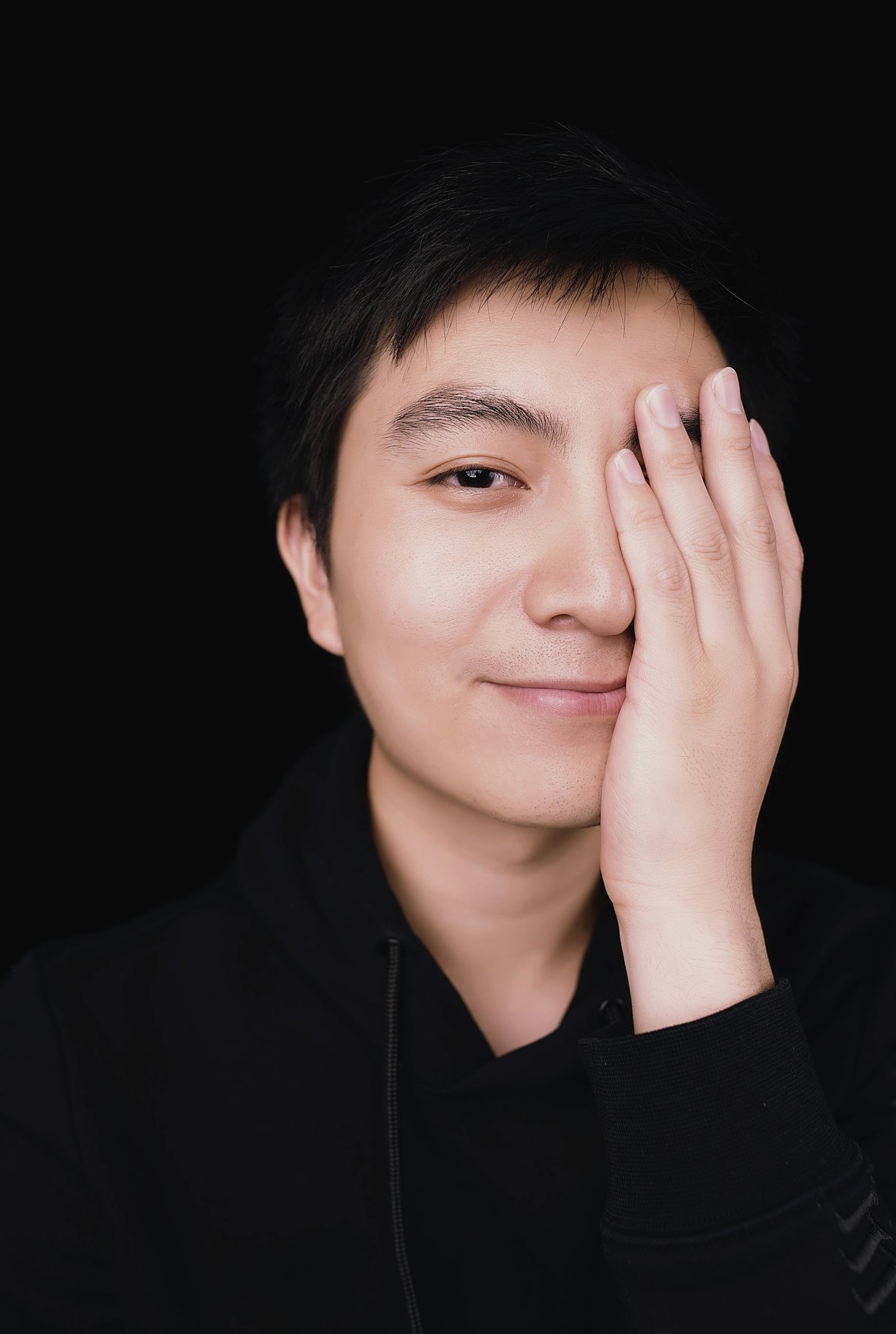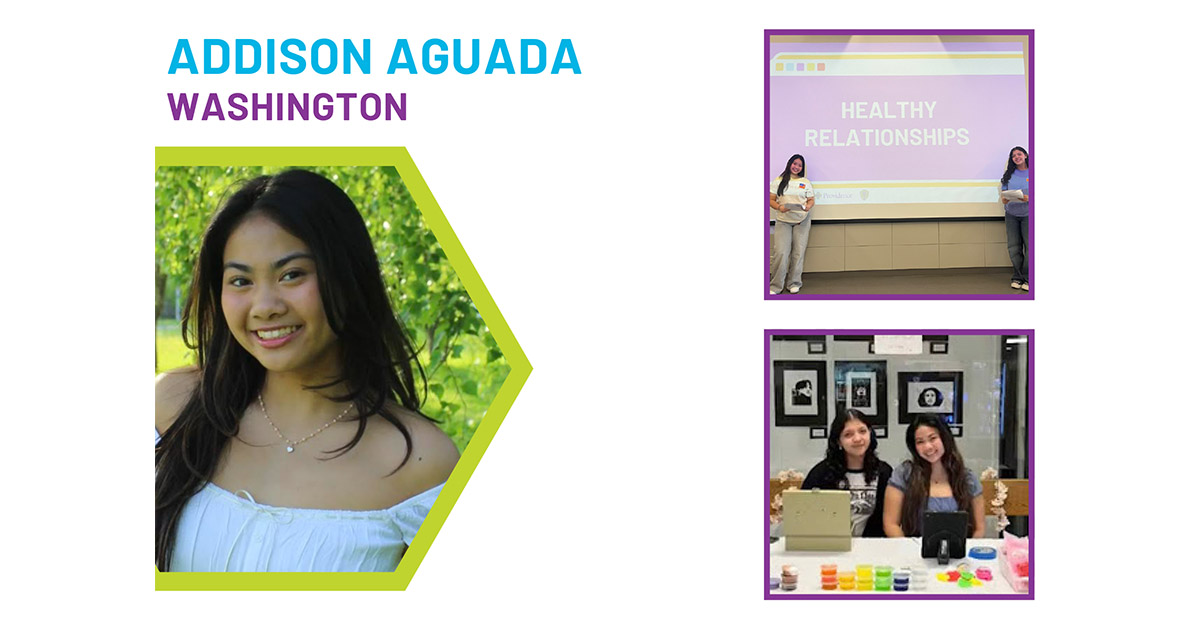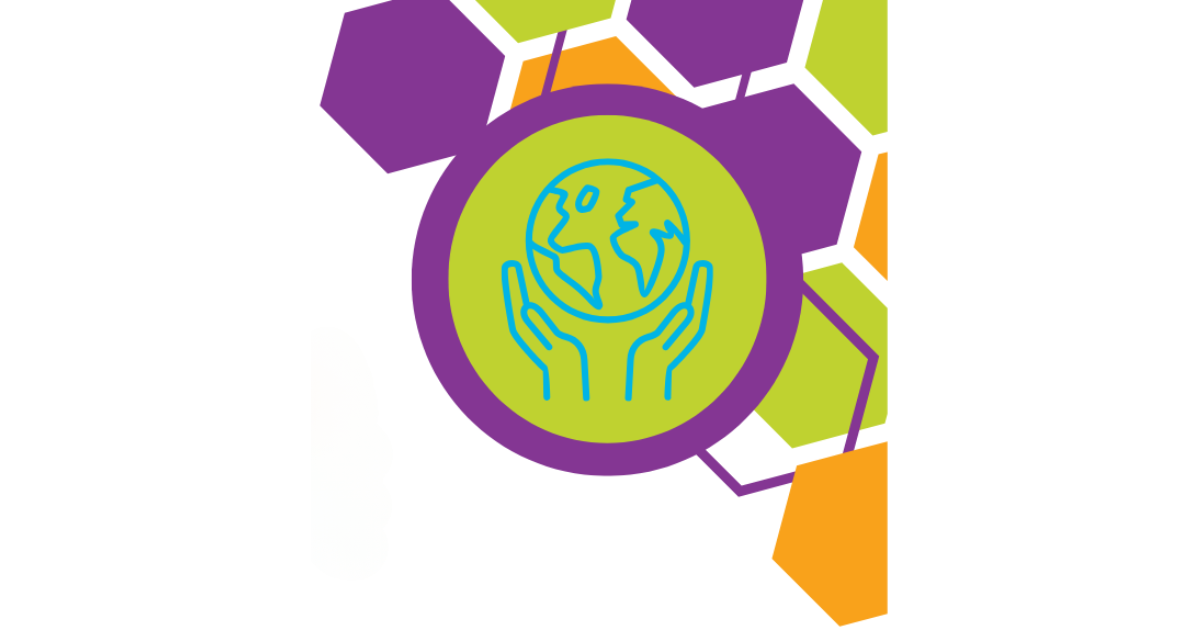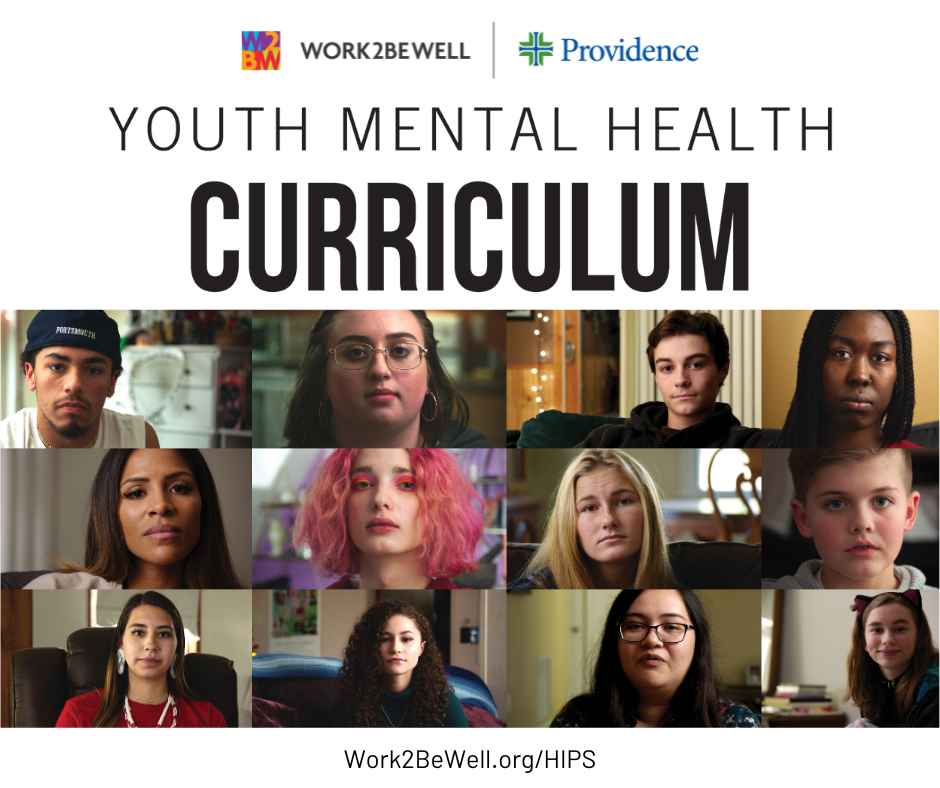Zachary Ching has known anxiety since he was 4 years old. He dates it back to around the time he began elementary school in Singapore. In that country, there is a more intense focus on education and how important it is to the adult and citizen you become. Teachers were stricter. The curriculum was more rigorous, and the workload much greater. The mental pressure was exhausting, especially for young Ching. But in that culture, that’s just the way things were. There was no complaining, no crying. And there was certainly no talk about the students’ mental health and well-being. “It was more of a ‘tough-it-out’ thing,” says Ching. “‘Just make it through this hardship, and you’ll be set.’”
When he was 9, Ching’s father got a job in the United States and moved the family to Virginia. Ching’s new school was far less demanding than the one he left in Singapore, but Ching brought with him his exacting study habits—and his anxiety, which was now compounded by social unease in his new surroundings. And while the American teachers and counselors were more open about dealing with students’ mental health concerns, Ching also held on to the cultural stigma about toughing it out and not complaining. Some 15 percent of Asian Americans and Pacific Islanders have reported having a mental illness in the past three years, but it’s likely the actual number is greater. That’s because this community is three times less likely than other populations to talk about their mental health and seek help.

There are several reasons they don’t seek treatment, including language barriers and limited access due to geography and socioeconomics. Many, like Ching, are constrained from even talking about mental illness by cultural taboos and misconceptions about behavioral health. “We were just raised like that,” says Joe Savage Faavae, a radio show host and activist in Carson, Calif. “My dad was a man’s man. We’re Samoan. We’re built that way. Feeling pain? Take it on the chin. Show no weakness. You die with your pain.”
Feeling pain? Take it on the chin. Show no weakness. You die with your pain.
Faavae noticed his pain about four years ago. Usually very active, he noticed that he was unmotivated and just wanted to sleep. He stopped working out and gained about a hundred pounds. There were days when he wouldn’t even make it to the shower. He was in a funk and didn’t know how to pull himself out. And he didn’t dare talk about it with friends or family. Then one day, he saw a friend post about depression on Instagram. “It talked about a lot the things that I was feeling,” says Faavae. “I kept checking off the signs, and finally I was like, ‘Oh shoot, yo! I think I’m depressed.’” Faavae finally started reaching out to his family. His brothers heard him out, but sort of glazed over, refusing to really engage. But his sister helped connect him with some mental health services and, eventually, a therapist.
Now Faavae is dealing with his depression while also raising awareness about mental and behavioral health in his community. He talks about his own experience on his radio show, Island Block Radio. He also works to coordinate campaigns with the not-for-profit Providence St. Joseph Health. Across the seven states in which it operates, Providence Health has been making a concerted effort to onboard staff and programs that meet the specific needs of the Asian American and Pacific Islander community. The providers not only raise awareness about the existence and treatability of behavioral health issues, but they also try to normalize mental health and address the attached cultural stigmas that are unique to this population. Providence has been an industry leader in integrating Behavioral Health services
 into Primary Care clinics. Dr. Helen Hansen, an Asian-American Clinical Psychologist oversees a team of mental health professionals at Swedish Medical Group, a part of the Providence family in Washington. “Our presence in the Primary Care clinics working as a member of the medical team has helped in normalizing mental health as a component of overall health. This integrated model has helped with improved access and increased utilization of Behavioral Health services, especially in patient populations that otherwise would not seek out services due to cultural stigmas or barriers.” This work also includes improving mental health education through community presentations and partnership with local schools. Partnering with local community programs and leaders allows the work to be directly accessed through the specific communities in need and make significant progress in removing stigma.
into Primary Care clinics. Dr. Helen Hansen, an Asian-American Clinical Psychologist oversees a team of mental health professionals at Swedish Medical Group, a part of the Providence family in Washington. “Our presence in the Primary Care clinics working as a member of the medical team has helped in normalizing mental health as a component of overall health. This integrated model has helped with improved access and increased utilization of Behavioral Health services, especially in patient populations that otherwise would not seek out services due to cultural stigmas or barriers.” This work also includes improving mental health education through community presentations and partnership with local schools. Partnering with local community programs and leaders allows the work to be directly accessed through the specific communities in need and make significant progress in removing stigma.Our presence in the Primary Care clinics working as a member of the medical team has helped in normalizing mental health as a component of overall health.
Providence helped Ching, too. When Ching was in eighth grade, his father got another job in Los Angeles. He transferred to Providence High School, a private college prep school in Burbank that is on the campus of Providence Medical Center. Through the school’s partnership with the healthcare system, Providence High emphasizes the mental health of its students. The teachers and counselors are very open to talking through students’ problems. There are many extracurricular programs and clubs centered around behavioral health. There’s even a complete mental health curriculum through Work2BeWell, a Providence-backed initiative through which students help certified professionals promote and advocate clinically approved information for the mental well-being of children and adolescents. By taking advantage of this open atmosphere, Ching has been able to thrive as a student while managing his anxiety. “Even just having teachers who care really helps,” says Ching. “Through Providence, these clubs will help me even more. If it enables me to take some of my focus from my studies and allows me to focus on my mental health, it’ll move mountains.
If you or someone you know is in need of assistance with mental health concerns, please know there’s always help available whenever you need to talk to someone. Reach out to the Crisis Text Line (Text TALK to 741741) or the National Suicide Prevention Lifeline at 1-800-273-TALK to talk to someone who can help.



